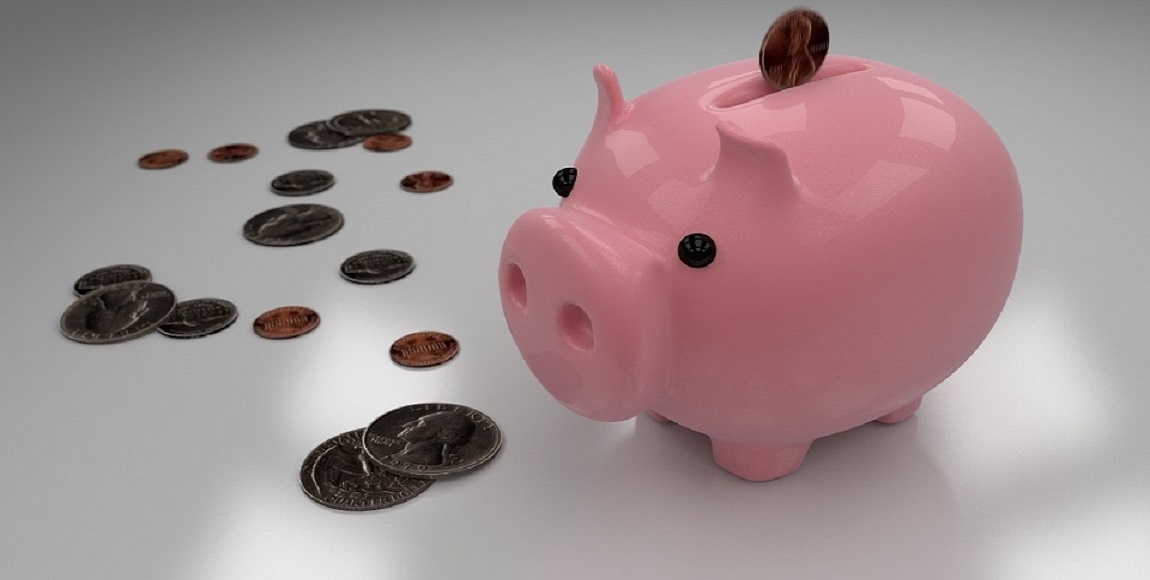July marks National Savings Month in South Africa. This year’s savings month falls in could be described as a time of economic doom and gloom. However, even tough times can be survived with just a few money saving tips. The Daily Vox team spoke to Gerald Mwandiambira, acting CEO of the South African Savings Institute (SASI) for some tips.
The tough economic times have even affected the institute. Mwandiambira said the campaign was due to the lack of sponsorship. The NPO received no donations this year which held them back from carrying out a successful campaign.
“We are however happy that most financial institutions have adopted our methods and are carrying out their own campaigns during the month,” said Mwandiambira. The initial campaign aims to promote debate, advocacy and research around key aspects of saving and also raise awareness on the benefits of saving. The question remains: what do we save when we are strapped for cash? In the seven months of 2022, South Africans have witnessed record increases in the price of food, fuel, interest rates and the “lowest consumer confidence measure in 30 years. This is according to Mamello Matikinca-Ngwenya, chief economist at FNB SA.
RELATED:
It’s National Savings Month. Here are some tips on starting to save early
Consumers are having to dig into their savings and cut back on many essential items to get through each month. Experts on Talk 702’s The Money Show argued that the bottom 40% of income earners are spending more of their income on necessities such as food, utilities and fuel. This makes it almost impossible to have any disposable income.
Mwandiambira disagreed with this point. He said: “Saving is a choice and everyone can save. South Africans have to debunk the myth that saving is for people who have extra income.”
During the interview with Mwandiambira, he provided some tips for savings even in these tough times.
It is not always about cash savings”in fact it is more about behavioural saving making sure you are cutting down on amounts, volume, watts etc.
Small habits such as switching off the lights or replacing them with energy efficient ones. Unplugging appliances that aren’t in use and turning on the geyser intermittently can save you some coins. People tend to struggle a lot with sacrifice and discipline. However desperate times call for desperate measures. Find more affordable food to eat, substitute your protein with more affordable options.
Cut on gym services. Perhaps do the weekly free Park Run and use the gym equipment that is available at parks and often public spaces. Writing down all your expenses might help you realise there is a lot you can cut back on for a short while,. There is no shame in adjusting to the current economic climate. In fact it’s the smartest thing to do.
Find savings methods that resonate with you and your lifestyle.
Look into automated saving vehicles for a more passive approach.The idea of automated saving is not new. In fact one sees it at work when certain percentages are taken as contributions to different investment vehicles. All this is done without having to move the money manually into different accounts.
However “having to make the decision to save and think of amounts to save can have you falling into present bias,” warned Mwandiambira. You can also try incorporating technology or apps that help you track your money so you know what goes in and what comes out. Apps such as 22Seven,MINT, or Goodbudget do just the trick. The old school method of saving still works too for those who are a bit old school about their money.
No amount is too little.
“People save as little as R1 a day in a coke bottle. You can criticise the amount of money being saved, but that person is honing their habit of saving.
“Saving is a habit, one that you can easily adopt by making the active choice to put away whatever amount you can afford.”









